Solo buyers in the capital need to increase their income by as much as 214% in some boroughs if they want to be in with a chance of securing a mortgage in the current market, according to new research.
Benham and Reeves looked at just how much more a solo buyer needs to earn in each borough in order to purchase a property based on: –
- The current average house price in each borough.
- The current average earnings of those residing within that borough.
- A 80% mortgage having placed a 20% deposit.
- The average lending multiple of 4.5 times income.
The data shows that the average London house price is currently £525,629. A typical 20% deposit means the initial down payment comes to £105,126, leaving £420,503 to be covered by a mortgage.
The average mortgage provider will lend up to 4.5x a buyer’s income which means the average solo buyer must earn at least £93,445.
In reality, however, the average London salary is just £44,190, meaning that, in order to afford the average London home, buyers need an annual salary increase of 111%.
While such a requirement may seem impossible to fulfil for the vast majority of people, the situation becomes even more untenable when analysing London on a borough-by-borough level.
Kensington & Chelsea is London’s most expensive market with an average house price of more than £1.3 million.
To secure a mortgage, buyers therefore need a minimum income of £233,621 a year.
But the average salary for people residing in Kensington & Chelsea is £77,769, which means hopeful buyers need an income boost of 200% to stand a chance of purchasing a home in the area.
And this isn’t even the largest earnings gap in the capital.
That dubious honour goes to the borough of Camden. Here, the average house price of £860,920 is significantly cheaper than in Kensington & Chelsea, but the average borough income of £48,707 is also far less and results in a Camden earnings gap of 214%.
This makes it the least affordable of all London boroughs.
The brutal truth is that solo buyers in every London borough require a much higher income if they’re to secure a mortgage.
Alongside the two boroughs already mentioned, this affordability gap exceeds 150% in Westminster (189%), Hammersmith & Fulham (164%), Haringey (164%), Barnet (161%), Islington (158%), and Hackney (152%).
But even in those boroughs where earnings come closest to what’s required to buy the average home, the gap remains significant.
Wandsworth has the smallest pay gap at 72%, followed by Bexley (73%), Greenwich (82%), and Bromley (83%).
Director of Benham and Reeves, Marc von Grundherr, commented:
“House prices increase over time. That is the general rule of thumb across the UK and especially in London.
There will be a few blips here and there, but history shows that prices rise.
The problem buyers are facing is that wages have not kept up with house prices.
They haven’t even come close.
The pay gap has grown wider and wider, leaving us in the situation we’re in now where in some cases the average buyer needs to more than triple their incomes to even consider becoming a homeowner.”
| Table shows solo first-time buyer affordability in London based on average house price, income requirements to secure a mortgage, and actual average income, alongside the % difference between the two | |||||||
| Category | Average house price | 20% deposit | Est mortgage loan required | Income multiple x times earnings | Est earnings required | Ave annual salary for place of residence | Difference: solo buyer required earnings vs ave earnings |
| Camden | £860,920 | £172,184 | £688,736 | 4.5 | £153,052 | £48,707 | 214% |
| Kensington and Chelsea | £1,314,120 | £262,824 | £1,051,296 | 4.5 | £233,621 | £77,769 | 200% |
| Westminster | £921,609 | £184,322 | £737,287 | 4.5 | £163,842 | £56,763 | 189% |
| Hammersmith and Fulham | £787,893 | £157,579 | £630,314 | 4.5 | £140,070 | £53,092 | 164% |
| Haringey | £605,643 | £121,129 | £484,514 | 4.5 | £107,670 | £40,826 | 164% |
| Barnet | £579,798 | £115,960 | £463,838 | 4.5 | £103,075 | £39,511 | 161% |
| Islington | £690,034 | £138,007 | £552,027 | 4.5 | £122,673 | £47,568 | 158% |
| Hackney | £646,689 | £129,338 | £517,351 | 4.5 | £114,967 | £45,546 | 152% |
| Harrow | £512,866 | £102,573 | £410,293 | 4.5 | £91,176 | £37,118 | 146% |
| Brent | £524,395 | £104,879 | £419,516 | 4.5 | £93,226 | £38,719 | 141% |
| Merton | £564,071 | £112,814 | £451,257 | 4.5 | £100,279 | £42,922 | 134% |
| Enfield | £445,676 | £89,135 | £356,541 | 4.5 | £79,231 | £34,060 | 133% |
| Waltham Forest | £504,472 | £100,894 | £403,578 | 4.5 | £89,684 | £39,534 | 127% |
| Richmond upon Thames | £756,534 | £151,307 | £605,227 | 4.5 | £134,495 | £59,511 | 126% |
| Ealing | £527,622 | £105,524 | £422,098 | 4.5 | £93,799 | £41,949 | 124% |
| Redbridge | £460,849 | £92,170 | £368,679 | 4.5 | £81,929 | £36,735 | 123% |
| Newham | £415,092 | £83,018 | £332,074 | 4.5 | £73,794 | £33,173 | 122% |
| Sutton | £430,883 | £86,177 | £344,706 | 4.5 | £76,601 | £35,104 | 118% |
| Hillingdon | £453,689 | £90,738 | £362,951 | 4.5 | £80,656 | £37,670 | 114% |
| Kingston upon Thames | £552,129 | £110,426 | £441,703 | 4.5 | £98,156 | £46,327 | 112% |
| Barking and Dagenham | £355,594 | £71,119 | £284,475 | 4.5 | £63,217 | £30,006 | 111% |
| Southwark | £535,043 | £107,009 | £428,034 | 4.5 | £95,119 | £45,685 | 108% |
| Hounslow | £444,127 | £88,825 | £355,302 | 4.5 | £78,956 | £37,964 | 108% |
| Havering | £421,725 | £84,345 | £337,380 | 4.5 | £74,973 | £36,257 | 107% |
| Lewisham | £442,180 | £88,436 | £353,744 | 4.5 | £78,610 | £38,066 | 107% |
| Lambeth | £545,537 | £109,107 | £436,430 | 4.5 | £96,984 | £48,060 | 102% |
| Croydon | £412,288 | £82,458 | £329,830 | 4.5 | £73,296 | £38,172 | 92% |
| Tower Hamlets | £501,583 | £100,317 | £401,266 | 4.5 | £89,170 | £46,716 | 91% |
| Bromley | £503,691 | £100,738 | £402,953 | 4.5 | £89,545 | £48,929 | 83% |
| Greenwich | £419,857 | £83,971 | £335,886 | 4.5 | £74,641 | £40,999 | 82% |
| Bexley | £400,221 | £80,044 | £320,177 | 4.5 | £71,150 | £41,164 | 73% |
| Wandsworth | £628,961 | £125,792 | £503,169 | 4.5 | £111,815 | £65,006 | 72% |
| City of London | £988,117 | £197,623 | £790,494 | 4.5 | £175,665 | x | x |
| London | £525,629 | £105,126 | £420,503 | 4.5 | £93,445 | £44,190 | 111% |
- Average house price data sourced from UK House Price Index
- Mortgage income multiples data sourced from OMA, and The Times


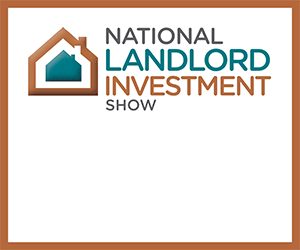


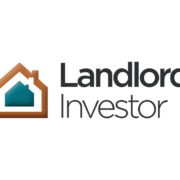


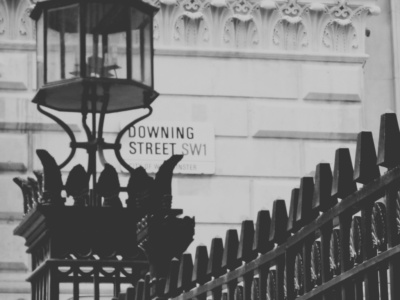


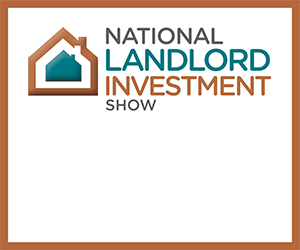




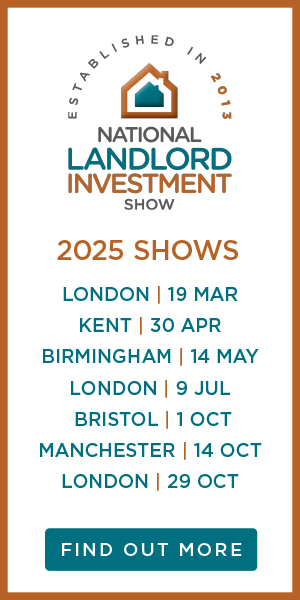
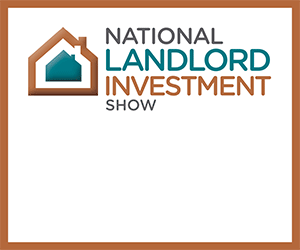
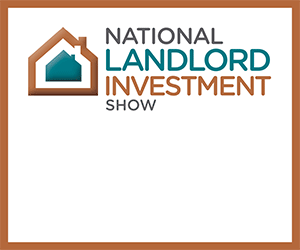



Comments